Illuminating the Truth: Pre-Ownership Electrical Inspections for Homebuyers
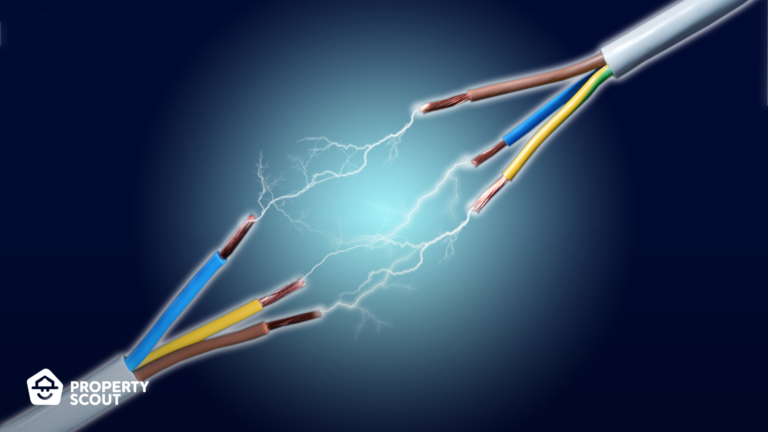
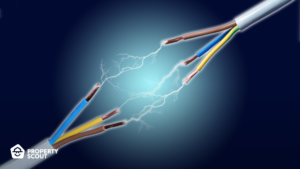
Your home's electrical system is a vital foundation that often goes unnoticed, particularly during pre-ownership inspections for houses or condos. Unfortunately, this oversight can lead to wasted time, future repairs, and troubleshooting headaches for homeowners. But fear not! In reality, every homeowner and condo owner has the power to conduct basic electrical system checks themselves. Curious to learn how? Join us on PropertyScout as we delve into the essential steps for inspecting your electrical system in this illuminating article.

How to Inspect Electrical Systems
Electrical inspections involve more than just testing light bulbs inside the house. It's essential to check the wiring system, safety measures, and more. Follow these steps to ensure a comprehensive inspection.
Basic Inspections
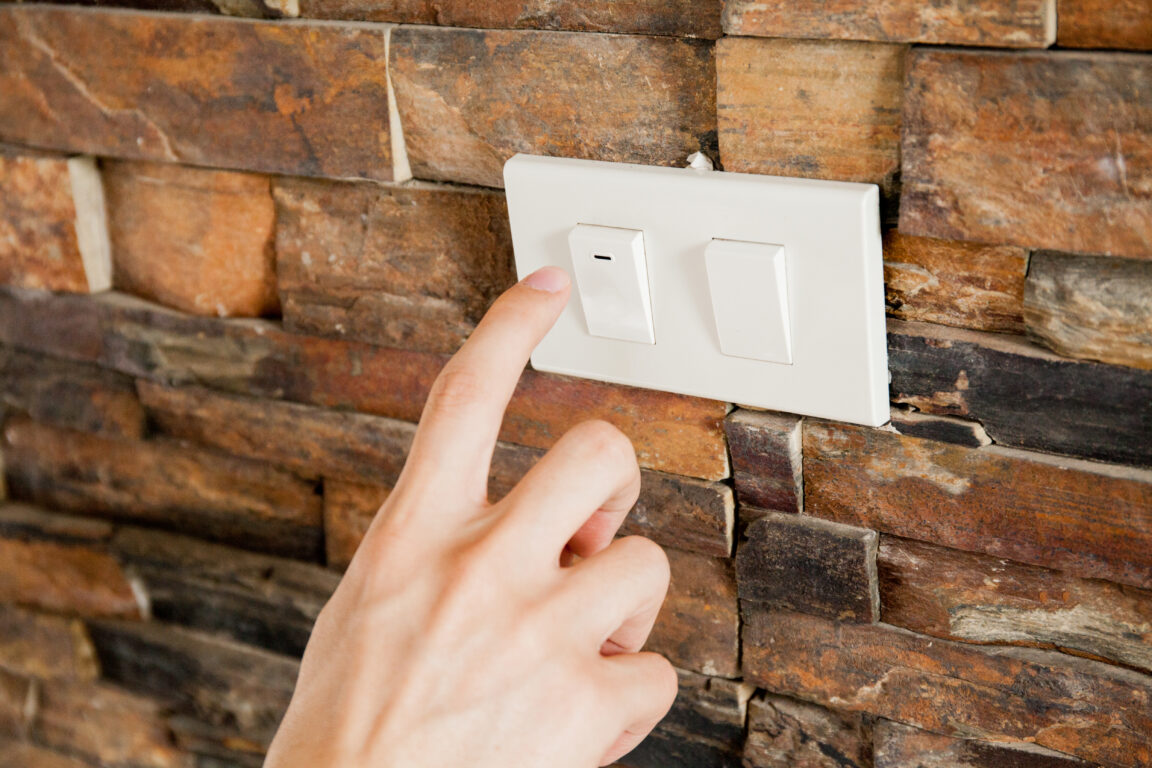
Step one in inspecting your home's electrical system is to flick every light switch, inside and outside. Ensure proper illumination in all areas and pinpoint any malfunctioning or inefficient spots. Don't forget to test the functionality of two-way switches. Join us as we walk you through a comprehensive guide to assessing your electrical system for a brighter and safer home.
Check for electrical leakage
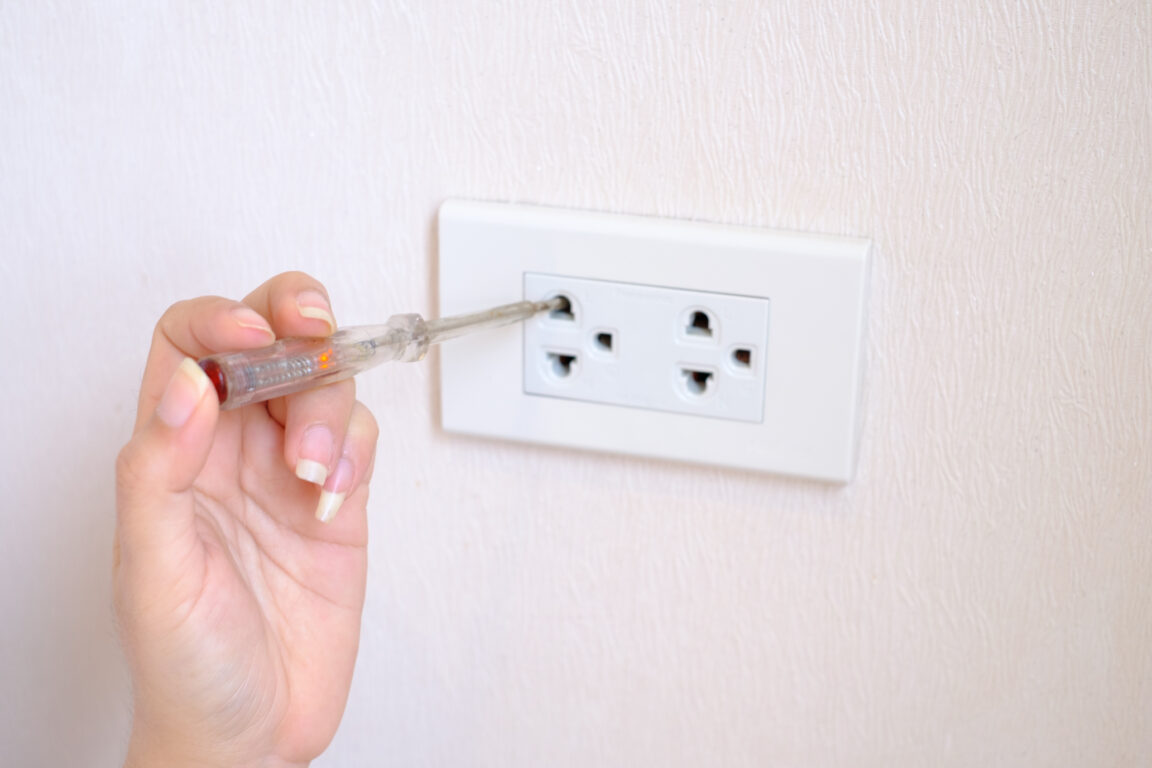
The main electrical panel holds the potential for electrical leakage if not properly installed or due to installation errors. To ensure a safe living environment, it is crucial to inspect your electrical system for any signs of leakage and verify the functionality of outlets. Use a circuit tester to detect potential electrical leaks. We strongly advise checking all outlets in your home and promptly addressing any that lack power.
Inspecting the Electrical Wiring
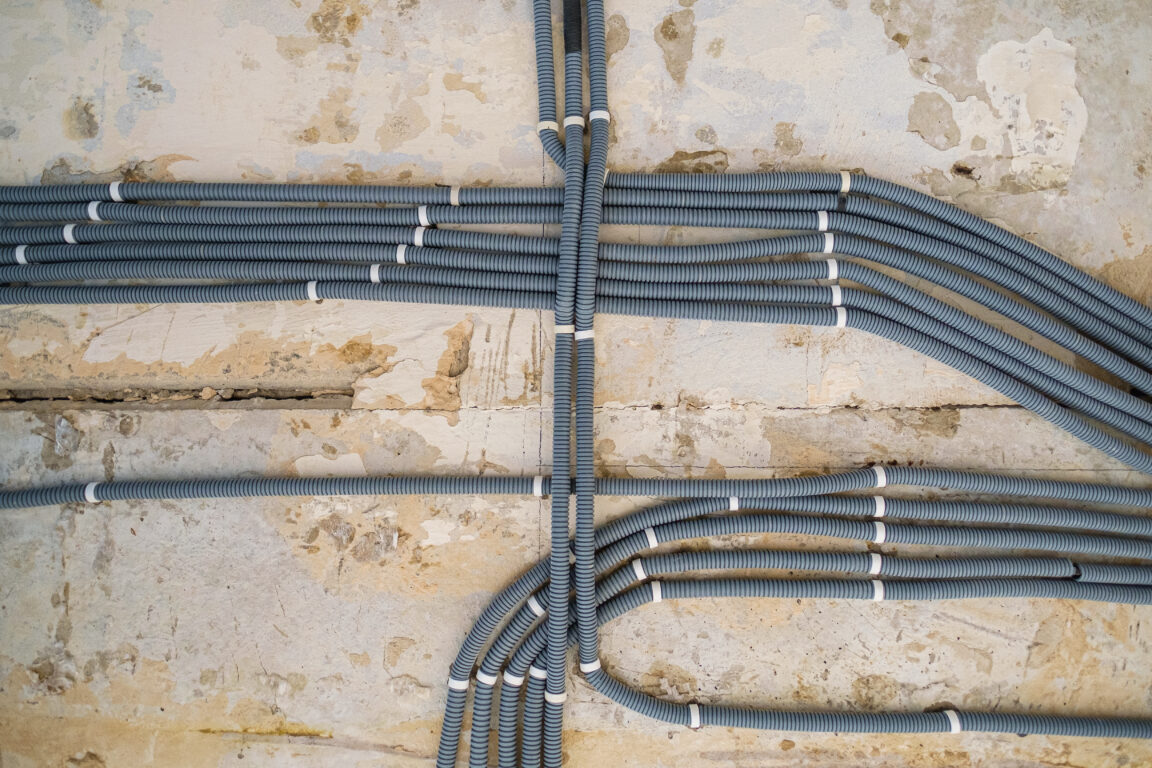
Protecting against electrical short circuits requires a thorough inspection of the electrical wiring path. Take a closer look beneath the roof or ceiling by accessing the service conduit. It's essential to ensure that the wire conduits are neatly organized, providing proper enclosure for the electrical wires. Equally important is examining the condition of the wires themselves, ensuring they are free from damage or wear that could lead to electrical short circuits.
Inspecting the Electrical Meter
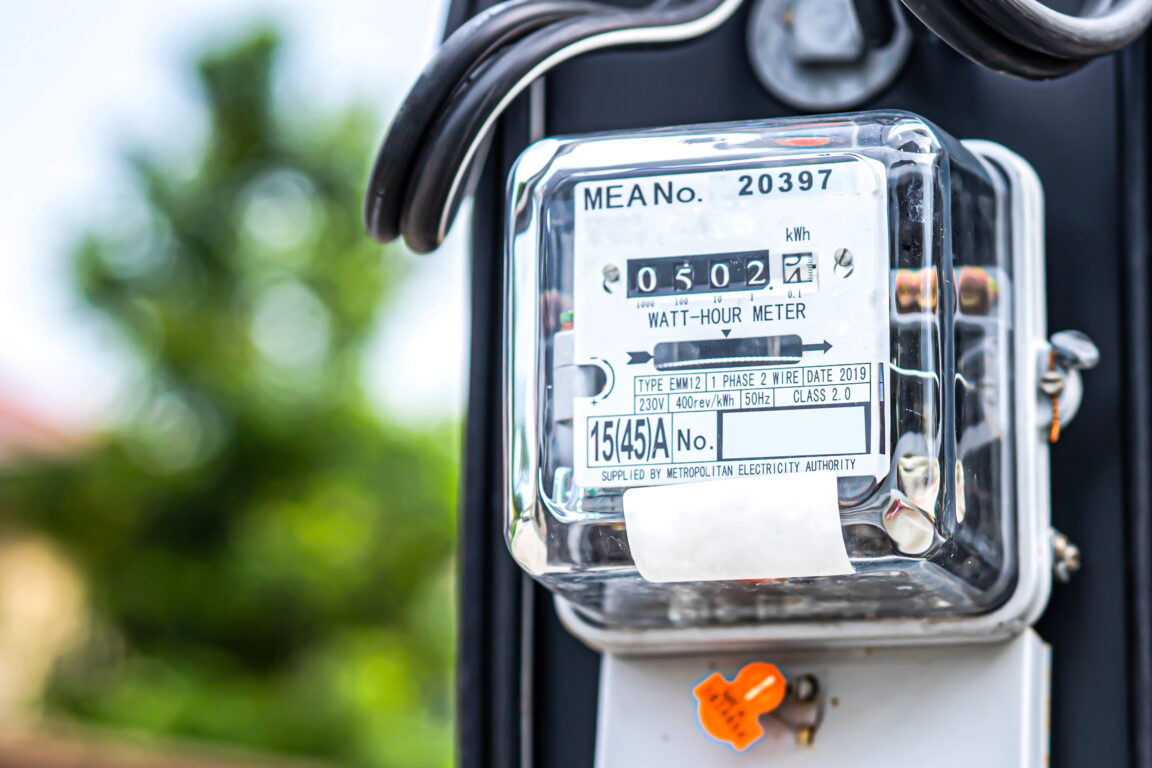
Your electrical meter plays a vital role in measuring your home's electricity usage. That's why it's crucial to ensure its efficient operation. Begin by inspecting your electrical system, starting with a power shutdown throughout your house. Observe whether the meter stops running when the power is off, indicating normal functionality. However, if the meter continues to run, it could indicate the presence of electrical leakage. In such instances, it's crucial to alert an electrician promptly to identify and repair any leaks before resuming usage. Ignoring the issue not only leads to increased electricity costs but also poses potential hazards.
Inspecting the Electrical Control Panel
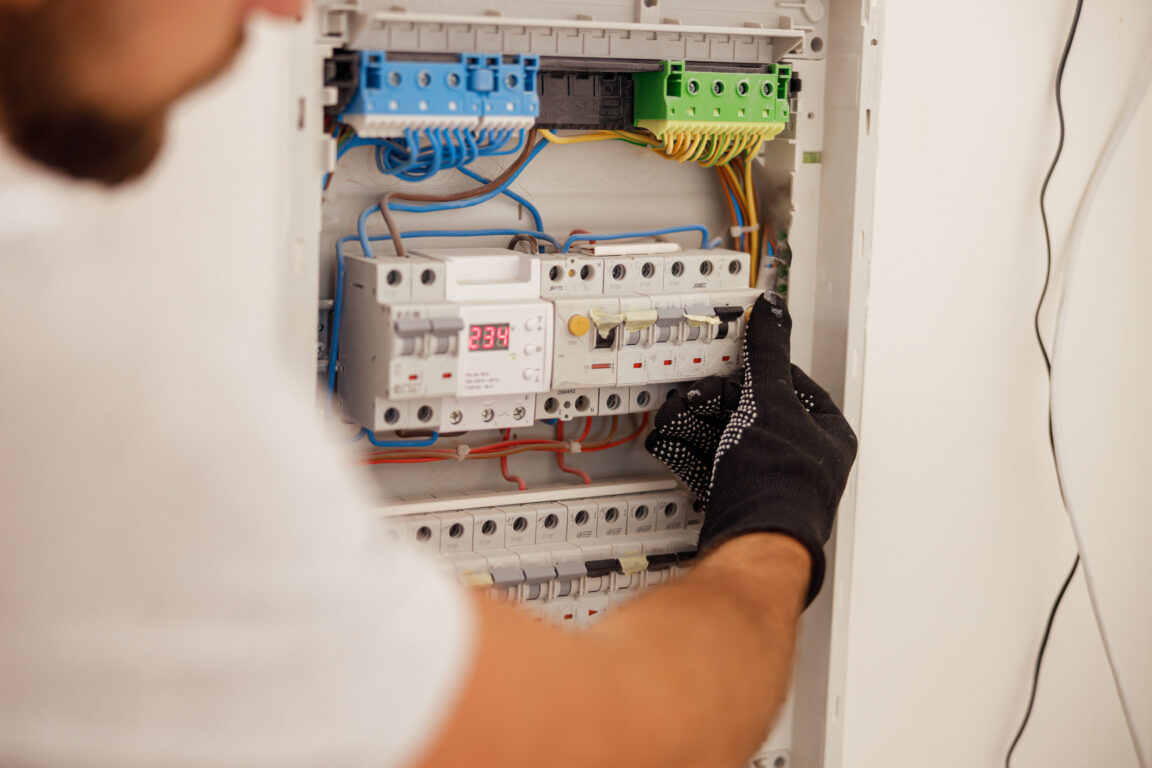
An electrical control panel plays a critical role in managing the distribution of power throughout your home. It is essential to clearly identify and label each breaker, specifying the corresponding area it controls. When you turn off a breaker, it should only impact the designated section.
Equally important is the presence of a main breaker that governs subsidiary breakers, along with conducting thorough inspections of the panel's wiring. This practice ensures safety by promoting well-organized and secure wiring, minimizing the risk of exposed or loose wires.
Check if there is a ground wire or not
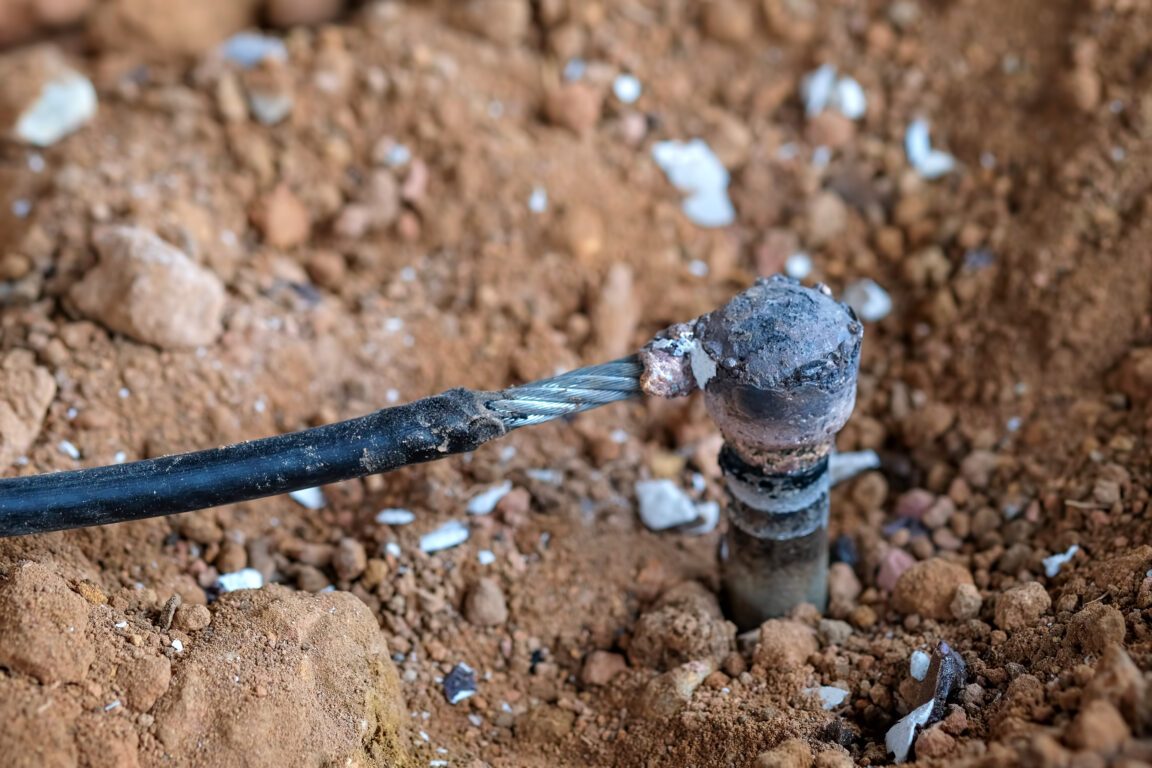
In every home or condominium where electricity is utilized and a variety of electrical appliances are present, there is always a potential risk of electrical short circuits, power surges, or electrical shocks. That's why it is crucial to prioritize the installation of a reliable grounding system to ensure the safety of everyone. The primary purpose of a grounding system is to divert unwanted electrical currents into the ground, preventing them from flowing through our bodies and causing harm. It acts as a protective shield against electrical incidents.
To determine if your home already has a grounding system in place, you can perform a quick check. Look out for electrical outlets or receptacles with three-pronged plugs, as this indicates the presence of a grounding mechanism. You can also inspect behind the outlet to confirm the existence of a green wire, which serves as the grounding wire. It is equally important to ensure that this grounding wire is correctly connected to the main grounding point in the electrical control panel.
Test the Air Conditioner

When purchasing an air conditioning unit from a seller, it's important not to overlook the significance of a thorough inspection. An air conditioner is a vital electrical appliance that demands careful examination. Take the time to open it up and conduct a comprehensive functionality test to ensure optimal performance. Pay close attention to any signs of water leakage or abnormalities. Should you come across any irregularities, it is crucial to promptly notify the seller and make arrangements for necessary repairs.
Conclusion
In conclusion, when it comes to pre-ownership electrical inspections for homebuyers, knowledge is power. Taking the time to assess the electrical system, along with other crucial aspects of the property, empowers buyers to make informed decisions and prioritize their safety. By illuminating the truth behind the condition of electrical wiring, water systems, structural integrity, and electrical appliances, homebuyers can embark on their new chapter with confidence and peace of mind. Remember, a thorough inspection today ensures a brighter, safer tomorrow.
Find your ideal property, available for sale or rent in the best prices possible, or list your property for sale or rent here. Alternatively, if you have any further questions, please get in touch with us:



